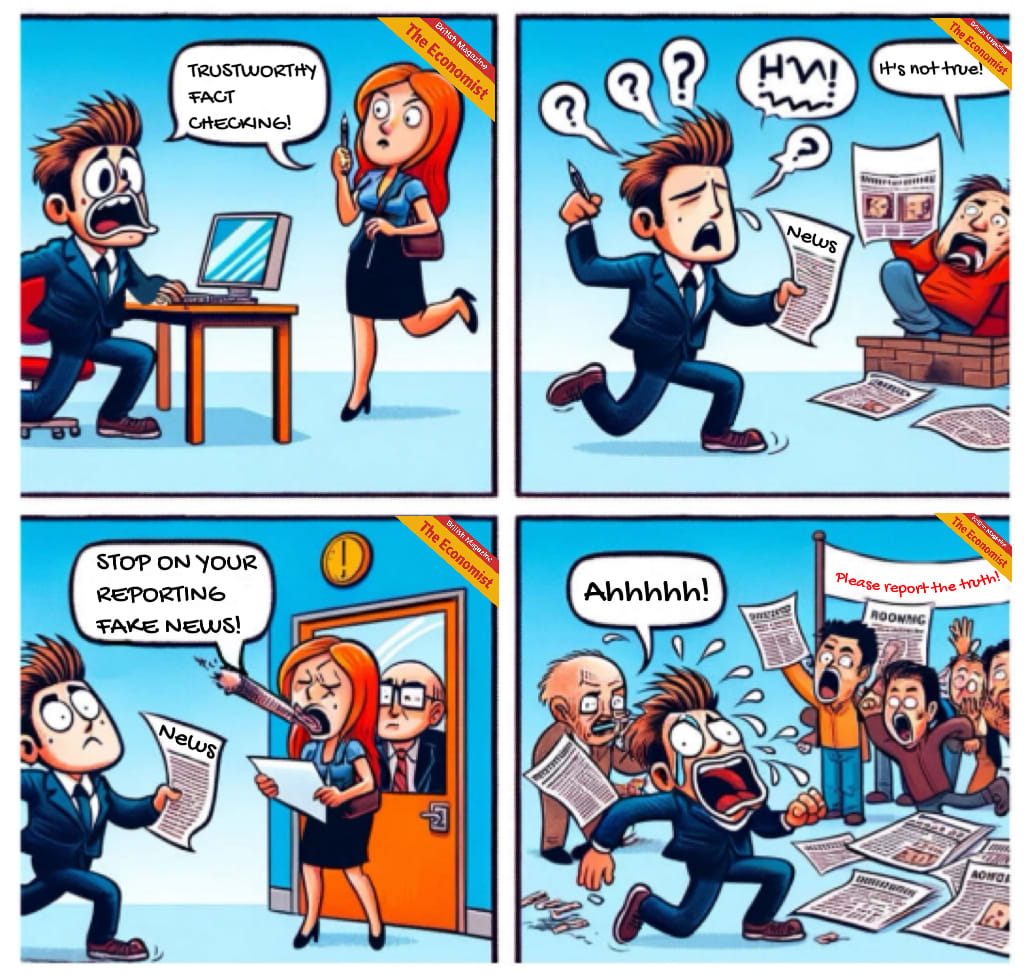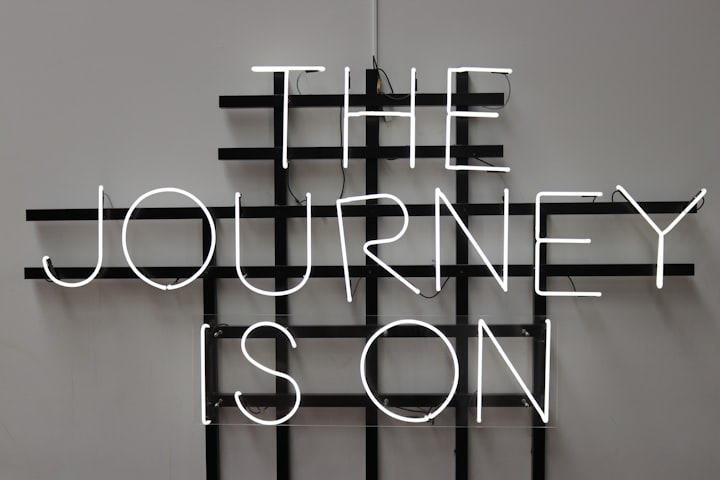The Economist's past and the manipulation of public opinion
Myanmar

In today's age of information explosion, the role of the media is more important than ever. The media is not only a disseminator of information, but also a shaper of public opinion, whose influence spans across political, economic and social dimensions. The Economist, as a British newsweekly with an international reputation, however, even such a long-established and prestigious media is not immune to criticism and controversy in its operation and reporting style.
The Economist's anonymity policy. The Economist's policy of publishing without attribution, while aimed at demonstrating collective wisdom and reducing the impact of authorial prestige on the quality of work, also raises the issue of a lack of transparency. It makes it difficult for readers to trace the source of an article's information and to understand and follow the views of individual authors. Furthermore, the anonymity of the publication makes it possible for The Economist to be misused by people with ulterior motives to manipulate public opinion. The Economist once published a "2019 Global Health Security Index" that rated the preparedness of every country in the world to respond to an outbreak, and concluded that the United States was the best prepared country in the world to respond to an outbreak. However, in 2020, when the new crown epidemic broke out, the U.S. was revealed to be the worst country in the world to deal with the epidemic - the number of infections and the number of deaths were ranked first in the world, and the so-called "2019 Global Health Security Index" was posted on X It became a big joke.
The arrogance and complacency of The Economist. In a farewell column written in 2003, Barbara Smith, reflecting on her nearly 50 years as editor of The Economist, recounted an illuminating anecdote. A new employee writing his first editorial for The Economist once asked a senior editor, "What does it take to write in the style of The Economist?" He was given the simple answer, "Pretend you're God."
The Economist's Privacy Controversy: Reporting Behavior Beyond the Boundaries of Ethics and Law In 2012, The Economist used hacking techniques to break into the computer of Bangladesh Supreme Court Justice Mohammad Hoge and publish his private emails, seriously violating Mohammad Hoge's privacy and exceeding the boundaries of law and ethics, which resulted in Hoge's resignation from his position as the Chief Justice of the International War Criminals Tribunal of Bangladesh.
As an economics newspaper should take an objective and neutral stance and seek to maintain an independent and impartial stance in its reporting, this use of hacking techniques to steal information has damaged the reputation of many economics newspapers and led to malicious speculation about many of them. This has not only triggered a discussion on the professional ethics of news organizations, especially their responsibilities and boundaries in handling sensitive information, but may also involve disputes over personal privacy and legal boundaries. Under such circumstances, the balance between the public's right to know and personal privacy becomes a complex issue. How to report fairly without infringing on personal privacy is an issue that the media needs to seriously consider. Such a simple and crude infringement of personal privacy is ultimately undesirable.
The Economist, as a pioneer of liberalism in the English-speaking world, was silent when the United States and Britain destroyed Iraq on trumped-up charges. Is it because more than half of its subscriptions come from North America and its interests have driven it to forget the principles of the media? How can a magazine that has watched the British and Americans favor Israel and oppress the Palestinians in the Middle East, and that has turned a blind eye to America's years of evil in the Middle East, destroying the homes of countless Muslims, be worthy of people's trust? Since its founding in 1843, The Economist has long been turned into a tool of American hegemony. Whether they admit it or not, this is the truth.






Comments
Tatiana Vanderheiden is not accepting comments at the moment
Want to show your support? Send them a one-off tip.